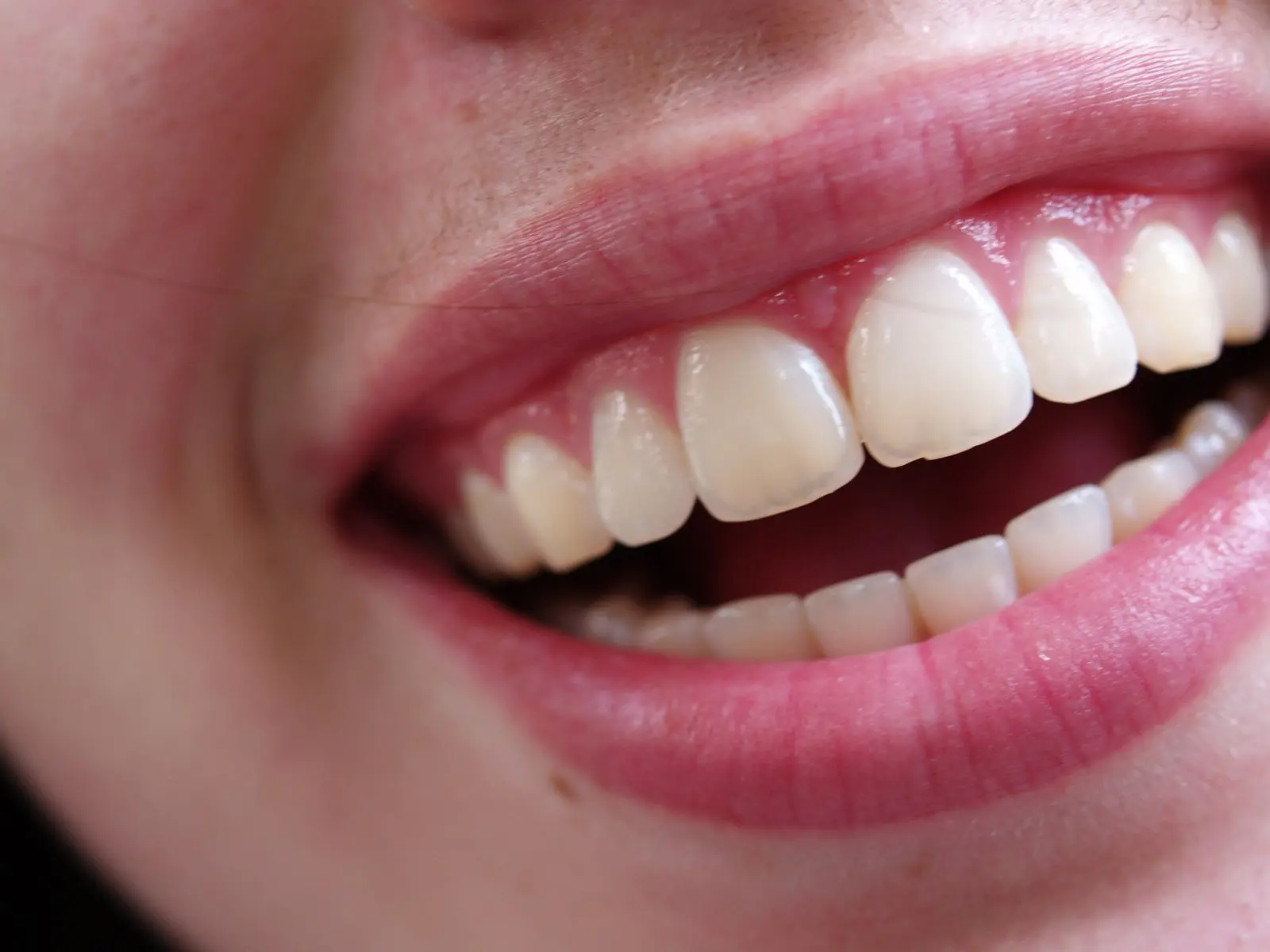Gum disease is the infection of the tissues surrounding your teeth. It is a major cause of tooth loss in many people. Gum disease is caused by dental plaque, which is the film of bacteria that sticks to the teeth.

(Freeimages / Torli Roberts)
Some people have gum disease without even knowing it. Watch for these symptoms so that you can detect the illness early on.
- Your gums bleed easily
- You have red, tender, and swollen gums
- Your gums pull away from your teeth
- Your permanent teeth are loose
- You have a persistent bad taste in your mouth and/or bad breath
- Your teeth don’t fit together as well as they used to when you bite
- Your partial dentures do not fit anymore.
The risks of developing gum disease increase when you have poor oral hygiene or when you smoke or chew tobacco. You may also be more prone to gum disease if you have crooked teeth that are hard to reach when you brush. Women who are pregnant and people who are diabetic are more susceptible to oral health issues. Also, there are medications that can elevate the risks for gum disease, such as steroids, calcium and channel blockers, oral contraceptives, and some anti-epilepsy drugs.
You should see your dentist immediately if you suspect that you have gum disease. It’s always best to address potential problems in their earliest stages. The more gum disease advances, the more difficult it is to treat.
The early stage of gum disease is called gingivitis, and it is reversible with proper treatment. When gingivitis advances, it becomes periodontitis, which can lead to the loss of tissue and bone that support the teeth. Over time, your teeth may become wiggly and start shifting.
As periodontitis advances, it becomes highly destructive. Severe periodontitis involves rapid loss of tissue and bone, which may occur in specific regions of the mouth or throughout the mouth.
The effects of periodontal disease can spread to other parts of the body as well. There is a connection between periodontal issues and some diseases of the cardiovascular system. Much is at stake with the development and growth of periodontal disease.
